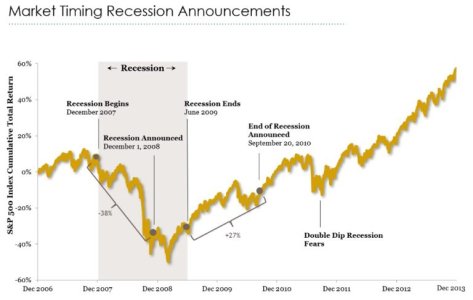- Reaction score
- 2,480
U.S. recession looks likely — and there are 3 ways the economy could get hit, analyst says
https://www.cnbc.com/2022/07/11/us-...ere-are-3-ways-the-economy-could-get-hit.htmlThe odds of the U.S. economy falling into recession by next year are greater than 50%, TD Securities said Monday.
Outlining three potential risks, the investment bank named rising gas prices, a hawkish Federal Reserve and a generally slowing economy.
“The odds of a recession in the next 18 months are greater than 50%,” global head of strategy, Richard Kelly told CNBC.

